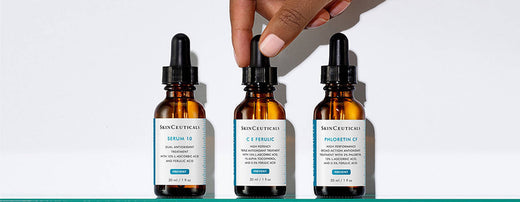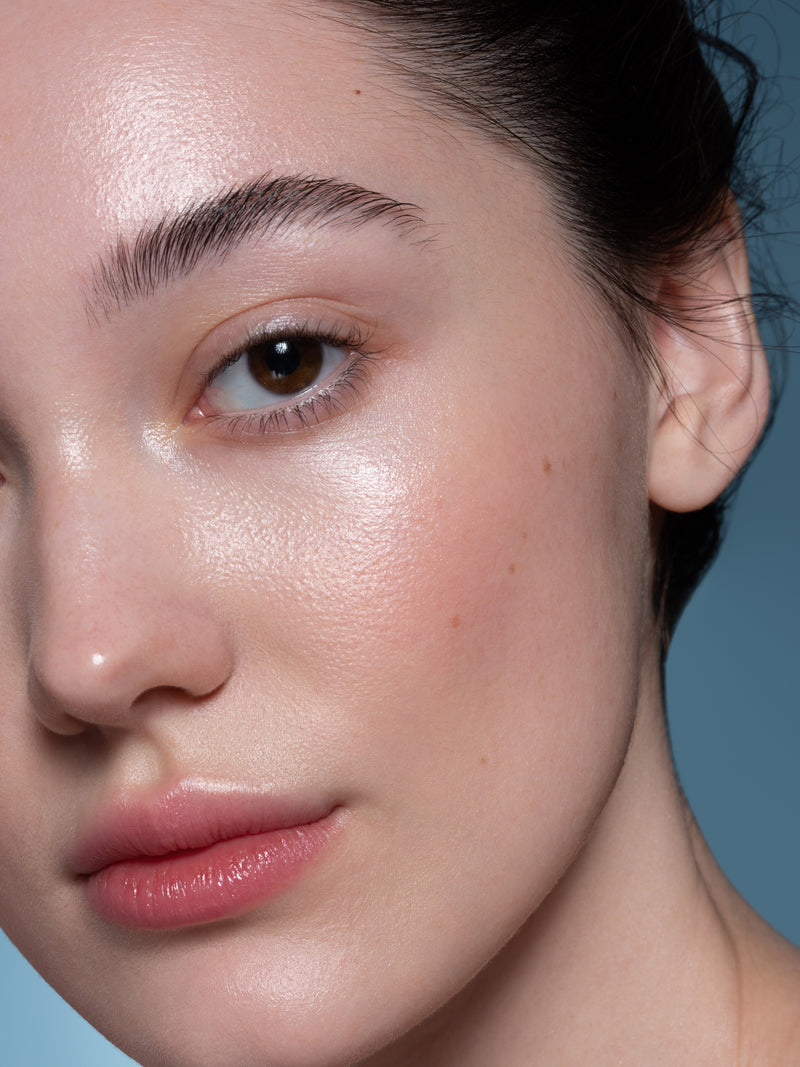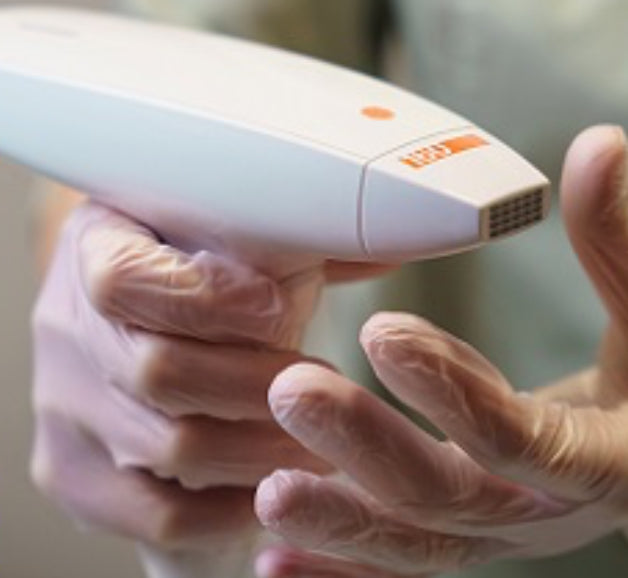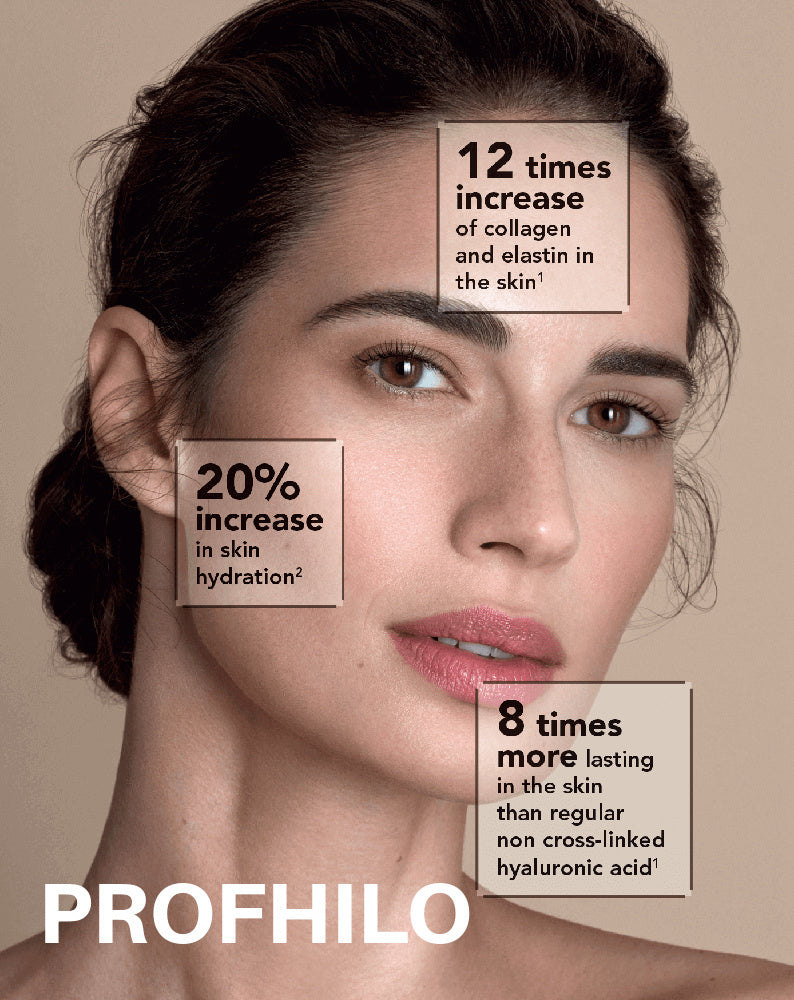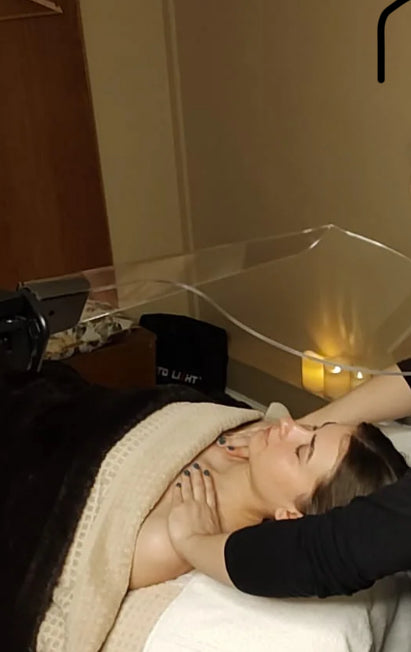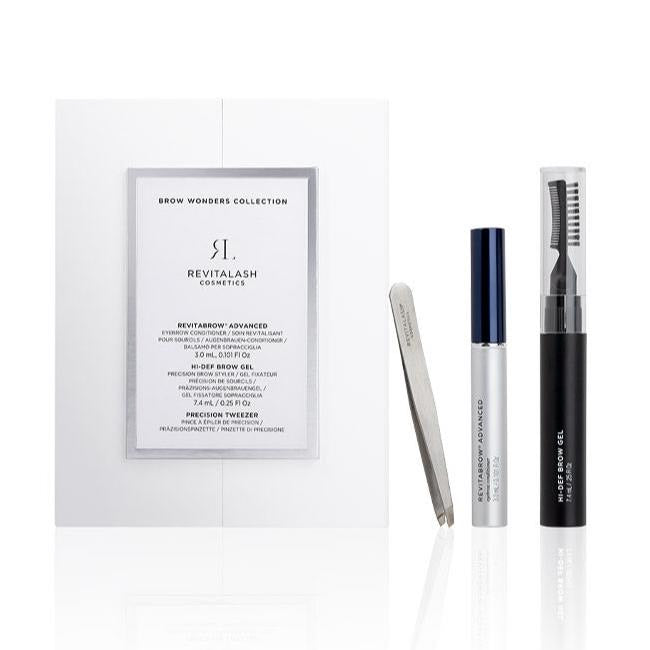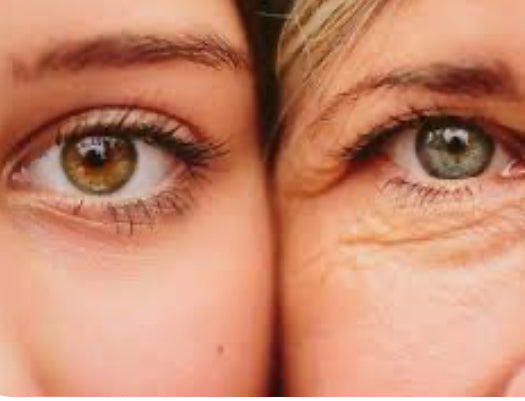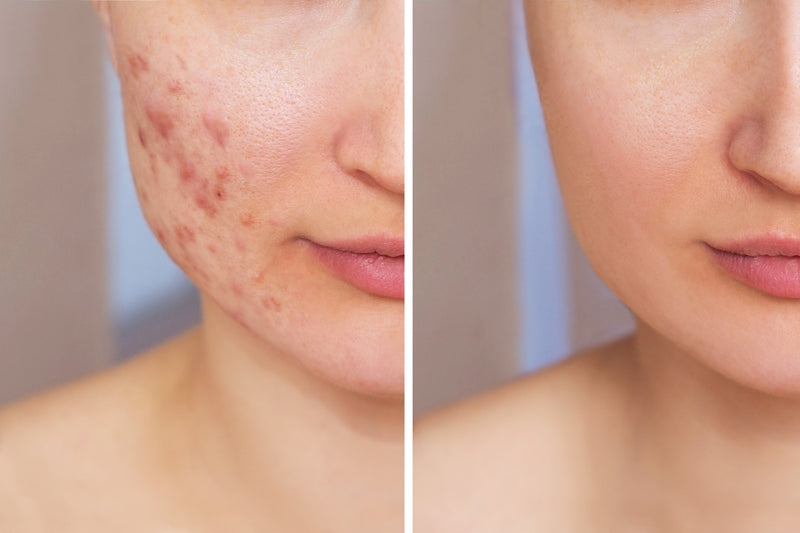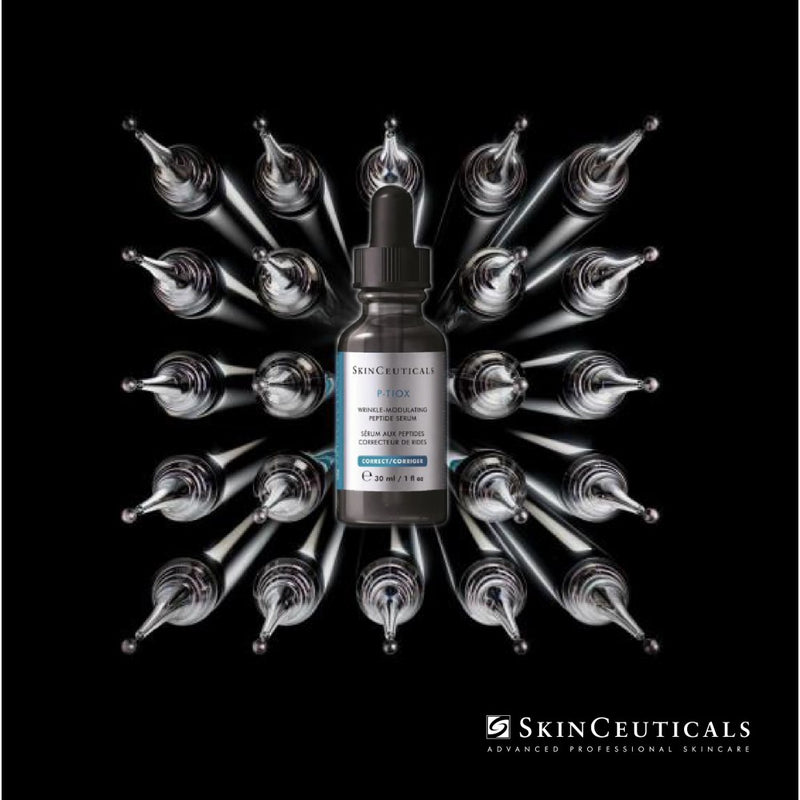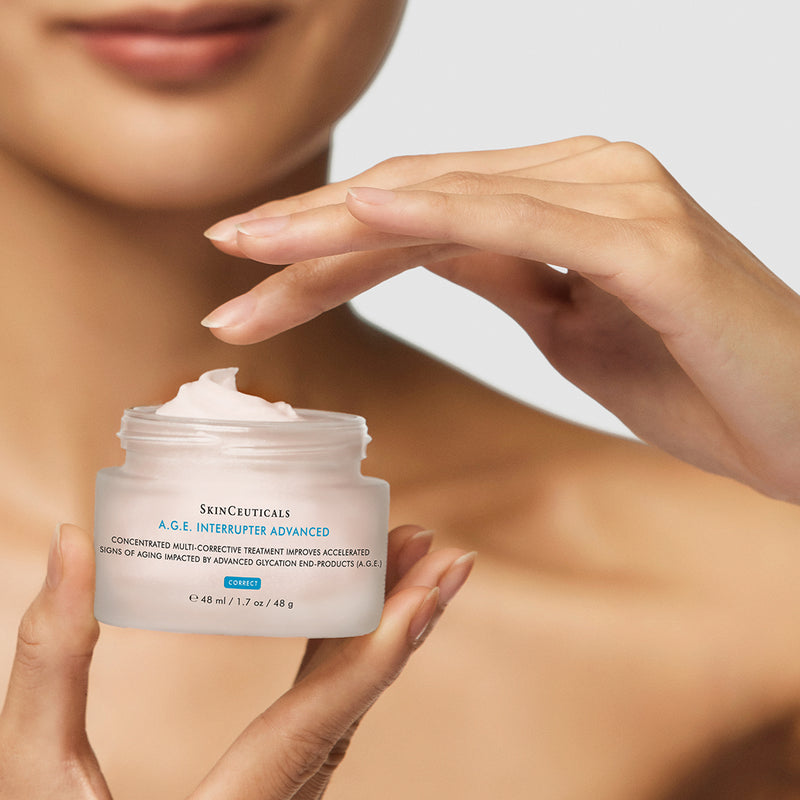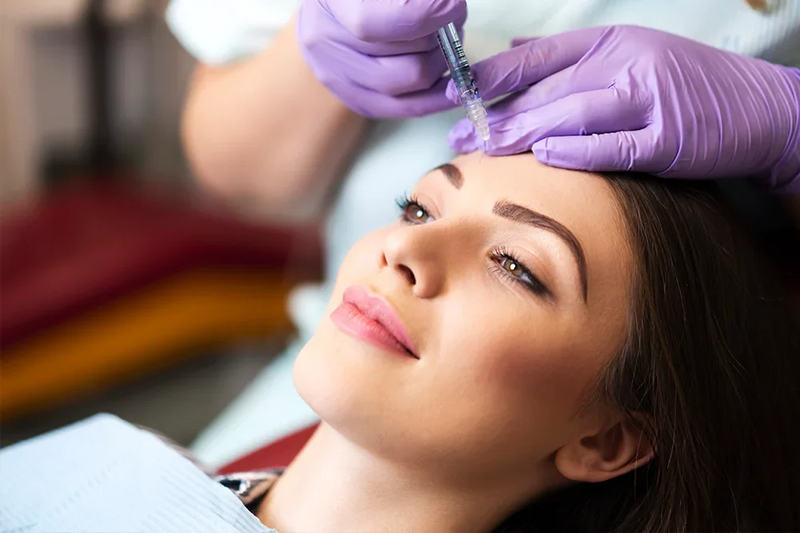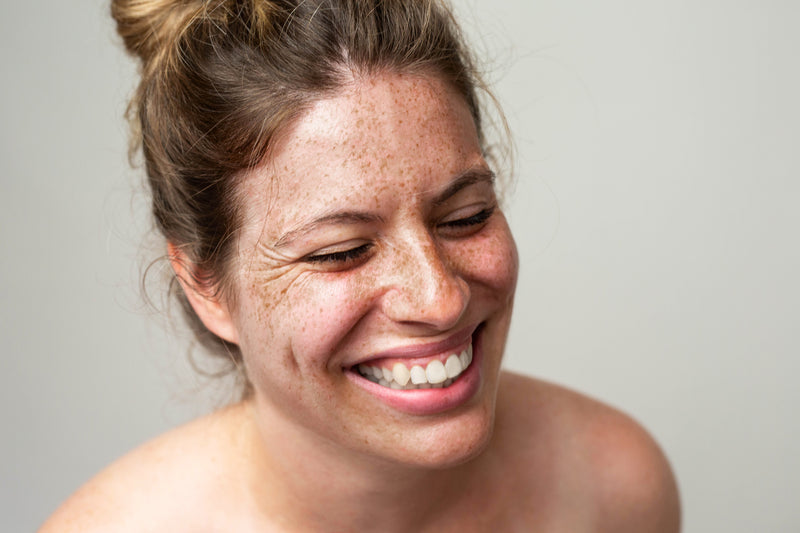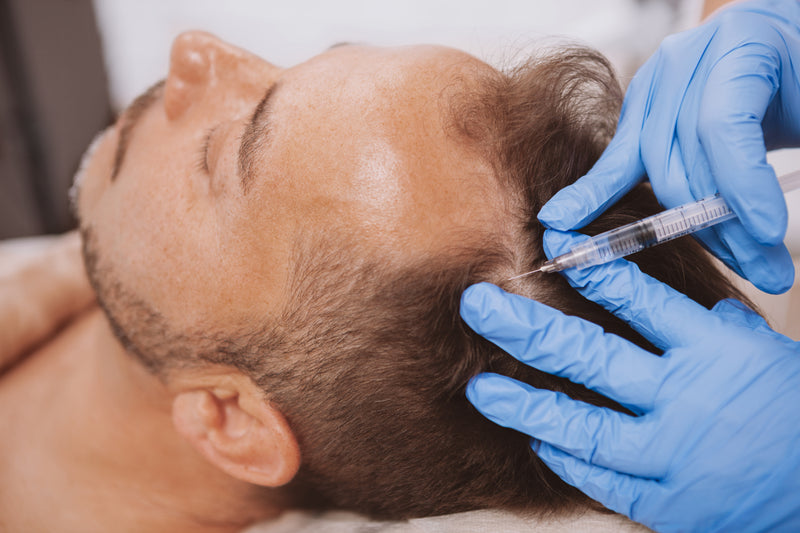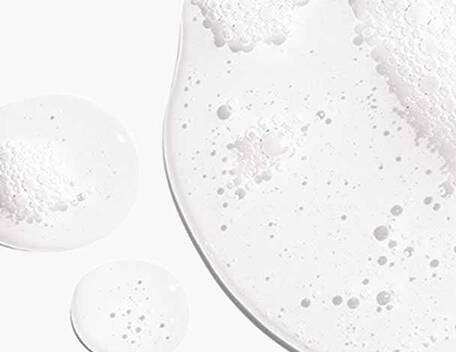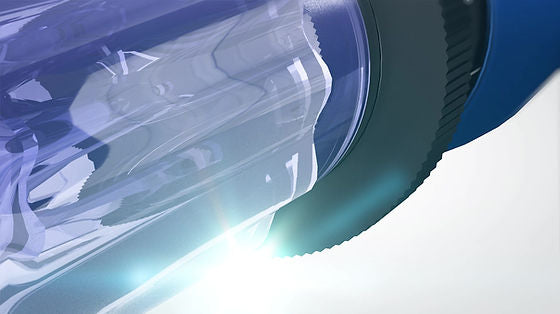There are a wide variety of options available, to include skin peels, IPL, nano and radiofrequency.
Chemical Peels
Chemical peels are non-invasive cosmetic procedures designed to improve the appearance and texture of the skin by exfoliating the outermost layer of dead skin cells. During the treatment, a specialised solution containing one or more types of acids is applied to the skin, encouraging the shedding of damaged skin cells. This process stimulates skin cell turnover, revealing a smoother, more even complexion underneath. Fall and Glow: As the leaves turn golden, it's not just your outfits that needs an update—your skin deserves one too.
Chemical Peels Q & A
Which Areas Can Chemical Peels Treat?
Chemical peels are versatile treatments that can be applied to various areas of the body, including:
- Face: Chemical peels are commonly used to address issues like fine lines, wrinkles, acne scars, sun damage, and uneven skin tone on the face.
- Neck and Decolletage: These areas can benefit from chemical peels to improve skin texture and reduce signs of ageing.
- Back and Chest: Chemical peels can also be effective for treating acne, scars, and hyperpigmentation on the back and chest.
Who is a Candidate for Chemical Peel Treatments?
Chemical peels are suitable for individuals with various skin types and concerns. Potential candidates include:
- Ageing Individuals: Those looking to address signs of aging such as fine lines, wrinkles, and sun damage.
- Acne Sufferers: Individuals with acne-prone skin seeking to reduce breakouts and minimise the appearance of acne scars.
- Hyperpigmentation: People with uneven skin tone, melasma, and pigmentation irregularities.
- Uneven Texture: Those wanting to improve skin texture and achieve a smoother complexion.
How Long Do Chemical Peels Take?
The duration of a chemical peel treatment can vary based on the type of peel being performed and the specific concerns being addressed. Typically, they only take a few minutes to apply. We will discuss the appropriate peel type and duration based on your skin's needs.
Are Chemical Peels Painful?
The level of discomfort during a chemical peel can vary depending on the depth of the peel and the sensitivity of your skin. Superficial peels typically cause a mild tingling or stinging sensation that subsides quickly. Deeper peels may lead to a more intense sensation, which can be managed with cooling techniques and post-peel care. In most cases, discomfort is well-tolerated and temporary.
How Can I Prepare for Chemical Peel Treatments?
To ensure a successful and comfortable chemical peel treatment, consider the following preparation steps:
- Consultation: Schedule a consultation with one of our experts to discuss your concerns, goals, and medical history. Note its best to address skin sensitivities prior to doing a peel or using retinoids.
- Skin Assessment: We will evaluate your skin type and recommend the appropriate peel strength and type for your needs.
- Avoid Sun Exposure: Limit sun exposure and wear sunscreen daily leading up to the treatment to protect your skin and optimise results.
- Avoid Certain Products: Discontinue using certain skincare products like retinoids or exfoliants at least 5 days before the treatment.
- Keep us informed: Inform your skin therapist about any allergies, medications, or medical conditions you have to ensure there are no contraindications. Note to let us know if you are on antibiotics or any medication that may make your more sensitive to sunlight.
Chemical peels are effective solutions for achieving smoother, more youthful skin and addressing various skin concerns. With their ability to target different areas of the body and skin types, chemical peels offer customisable treatments for a wide range of individuals. To determine the best approach for your skin, consult with our team who can provide personalised guidance based on your unique goals and needs.
Book at Woulfe Skin SpecialistsBook at Woulfe Wellness
Call Reception to Book





